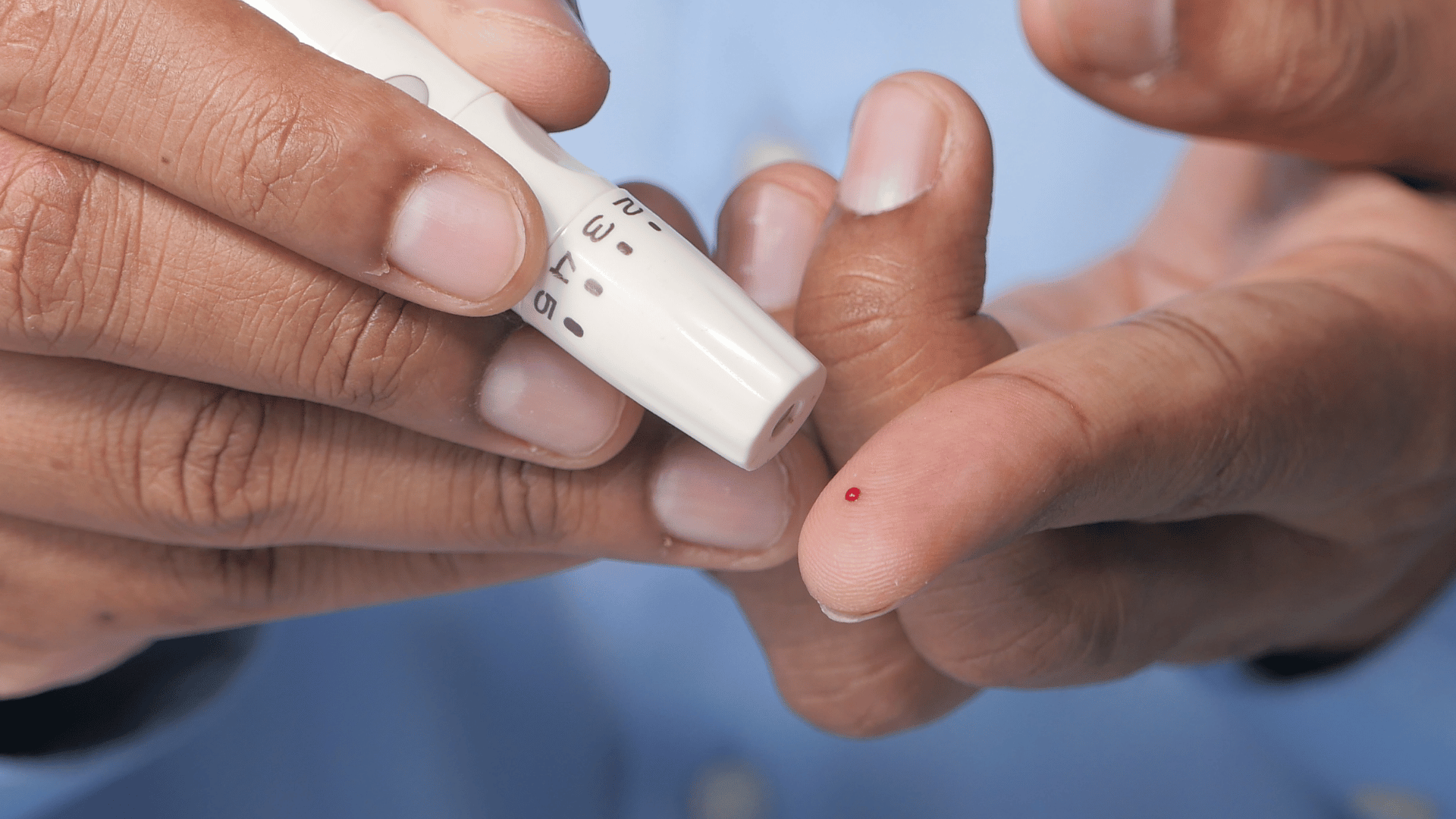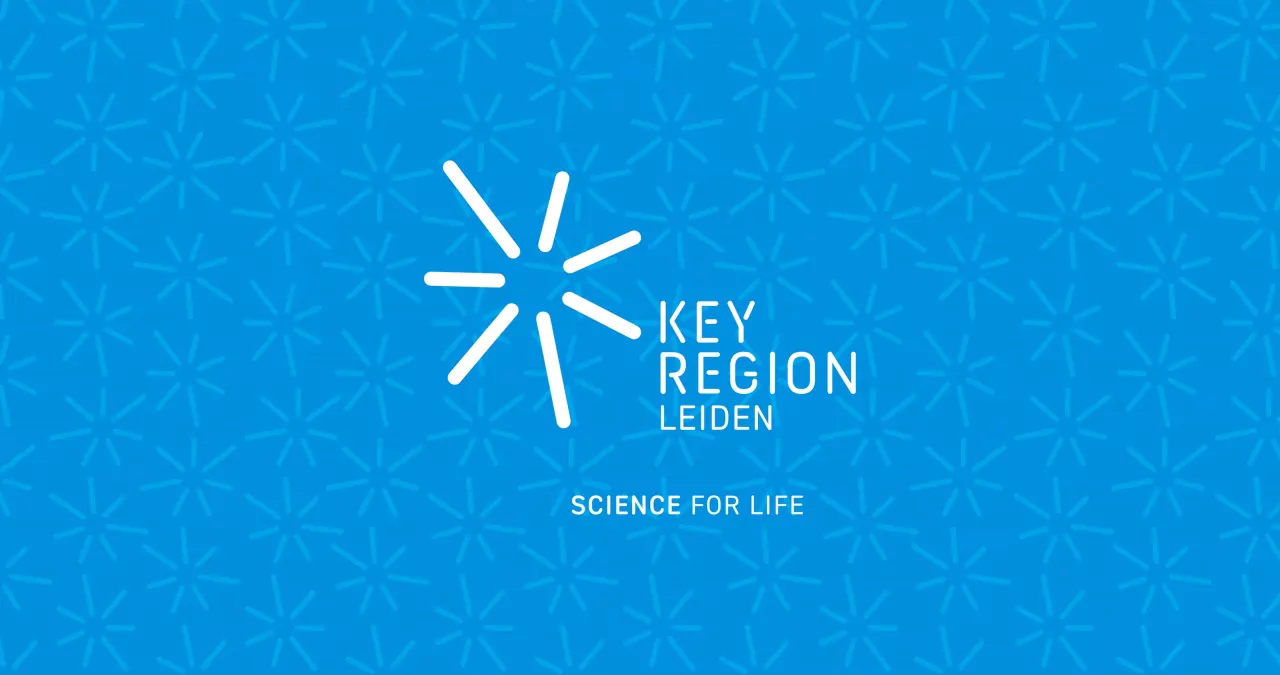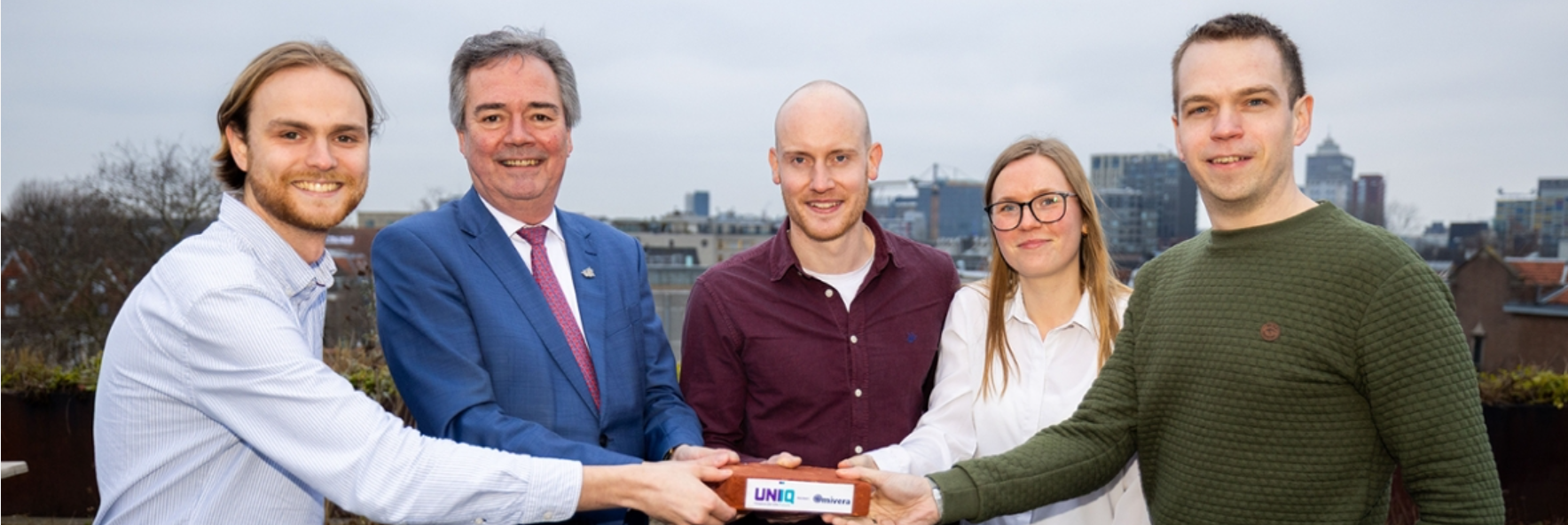Researchers at the Leiden University Medical Center (LUMC) have uncovered how a small inherited variation in the insulin gene can reduce the risk of developing type 1 diabetes. Published in Cell, this discovery deepens understanding of the disease and paves the way for more precise, personalized treatments.
Led by Professor Bart Roep, the team found that about 40% of Dutch people carry a protective version of the insulin gene. According to Dr. René van Tienhoven—researcher and type 1 diabetes patient—this genetic variation results in “super beta cells” that can better withstand stress. When under pressure, these cells release the tension in a way that prevents them from being detected and destroyed by the immune system.
This mechanism allows the beta cells, which produce insulin, to stay healthier and function longer—essentially making them invisible to the autoimmune attack that defines type 1 diabetes. The finding offers new potential for earlier diagnosis, improved prognoses, and more targeted therapies for individuals at risk.



